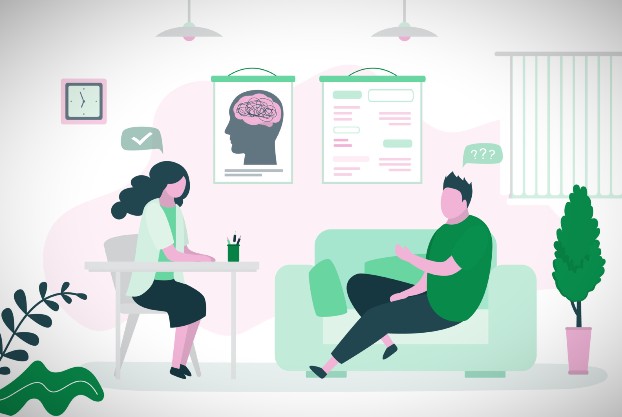Insomnia is a common sleep disorder that affects millions of people worldwide. It is characterized by difficulty falling or staying asleep, waking up too early, or feeling unrefreshed upon waking. While medications are often used to treat insomnia, they can come with unwanted side effects and may not be effective for everyone. Fortunately, acupuncture offers a holistic approach to treating insomnia that has been shown to be both safe and effective.
Acupuncture is a traditional Chinese medicine practice that involves inserting thin needles into specific points on the body to stimulate the body’s natural healing process. These acupuncture points are located along energy pathways known as meridians, which are believed to be linked to specific organs and bodily functions. When these points are stimulated, they can help to regulate the body’s energy flow, reduce pain, and promote relaxation.
Studies have shown that acupuncture can be an effective treatment for insomnia. In one study, participants who received acupuncture treatment reported significant improvements in their ability to fall asleep and stay asleep, as well as a reduction in daytime fatigue. Another study found that acupuncture was as effective as medication in improving sleep quality.
One of the benefits of acupuncture for insomnia is that it can be tailored to the individual. Acupuncturists will take into account each patient’s unique symptoms and underlying causes of insomnia before developing a personalized treatment plan. For example, if a patient’s insomnia is caused by stress or anxiety, the acupuncturist may focus on points that promote relaxation and reduce stress levels. If the insomnia is caused by a medical condition, such as chronic pain, the acupuncturist may target points that help to reduce pain and inflammation.
Acupuncture treatment for insomnia typically involves a series of weekly sessions, with each session lasting about 30-60 minutes. During the session, the acupuncturist will insert thin needles into specific points on the body, which may be accompanied by gentle stimulation such as heat or pressure. Patients may experience a mild tingling or numbing sensation during the treatment, but it should not be painful.
In addition to acupuncture, acupuncturists may also recommend other lifestyle changes to promote better sleep. This may include dietary changes, such as avoiding caffeine and alcohol, as well as stress reduction techniques such as meditation or yoga. By taking a holistic approach to treating insomnia, acupuncturists can help patients achieve better sleep without relying on medication.
Conclusion
Acupuncture offers a safe and effective holistic approach to treating insomnia. By targeting specific points on the body and promoting relaxation, acupuncture can help to regulate the body’s energy flow and improve sleep quality. If you are struggling with insomnia and are looking for a natural and drug-free treatment option, consider trying acupuncture. Consult with a licensed acupuncturist to discuss your individual needs and develop a personalized treatment plan to help you achieve better sleep and improve your overall well-being.
Acupuncture in Calgary is widely available, and those seeking to alleviate their insomnia can benefit from the holistic approach that acupuncture provides. The benefits of acupuncture for insomnia have been studied and proven effective, with many patients experiencing improved sleep quality and reduced daytime fatigue. By addressing the root causes of insomnia, such as stress or pain, acupuncture can help patients achieve better sleep without the unwanted side effects of medication. If you’re in Calgary and suffering from insomnia, consider seeking out a licensed acupuncturist to discuss your individual needs and develop a personalized treatment plan that can help you achieve better sleep and improve your overall well-being.








